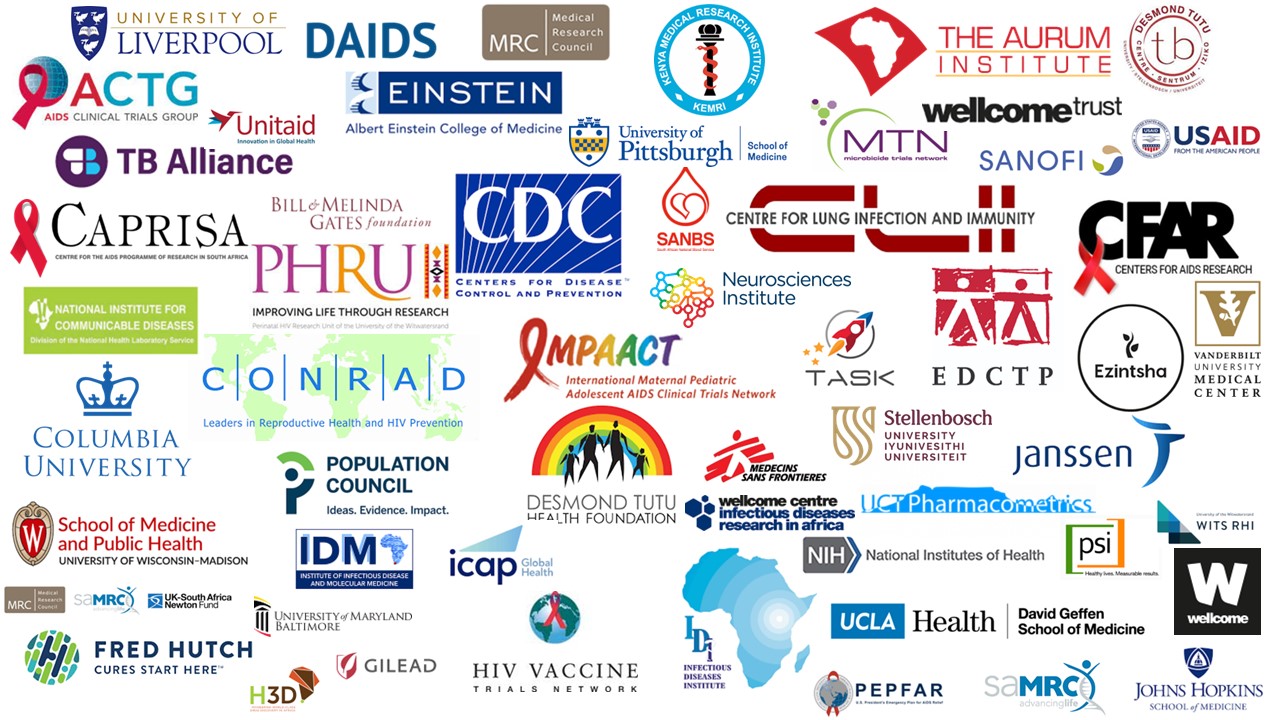Pharmacokinetic (PK) Research Laboratory
The Pharmacokinetic (PK) Research Laboratory serves a vital function in evaluating drug and metabolite concentrations in patient samples for phase 1 to 4 clinical trials. The laboratory has been granted funding as an International Pharmacology Specialty Laboratory by two renowned NIH networks: the AIDS Clinical Trials Group (ACTG) and the International Maternal Paediatric Adolescent AIDS Clinical Trials (IMPAACT) network.
The laboratory forms part of the clinical pharmacology quality assurance (CPQA) proficiency testing for in-house developed PK assays. Its core objective is the comprehensive analysis of antitubercular and antiretroviral drugs, with a secondary focus on antimalarials, thereby aiding in advancing research and treatment pertaining to tuberculosis (TB), human immunodeficiency virus (HIV), and malaria. The laboratory employs liquid chromatography-tandem mass spectrometry (LC-MS/MS) as the bioanalysis platform to facilitate these activities. Additionally, various extraction techniques are utilised for sample preparation, considering the matrix’s complexity and the desired sensitivity. Rigorous assay validation is conducted in strict adherence to the most up-to-date guidelines provided by the U.S. Food and Drug Administration (FDA) and the European Medicines Agency (EMA). Furthermore, all analyses are performed in accordance with the DAIDS Good Clinical Laboratory Practice (GCLP) guideline. For a list of validated assays, please contact Dr Sandra Castel (sandra.castel@uct.ac.za).

History of the Pharmacokinetic Research Laboratory
The inception of the Pharmacokinetic (PK) Research Laboratory within the Division of Clinical Pharmacology dates back to the 1990s. During this period, the laboratory focused on developing assays for isoniazid, pyrazinamide, and rifampicin—the primary first-line drugs for tuberculosis (TB)—using high-performance liquid chromatography (HPLC) with UV detection. These assays were crucial in supporting PK studies of these drugs in TB patients, including those affected by AIDS.
As the field witnessed rapid advancements in fixed-dose combination first-line TB drug products, the laboratory collaborated with the South African Medical Research Council to conduct numerous bioequivalence studies. Towards the late 1990s, the laboratory embarked on developing assays for antimalarial and HIV drugs, aligning with the expanding scope of clinical PK studies.
The early 2000s marked a significant milestone by acquiring the laboratory's first HPLC coupled to a mass spectrometer. This instrumental addition facilitated the detection of non-UV absorbing drugs such as ethambutol and artesunate, offering heightened sensitivity and enabling the use of smaller sample volumes. Additionally, the laboratory developed methods for detecting various drugs in dried blood spots, presenting a novel approach to sample analysis. In 2004, a dedicated quality assurance division was established to ensure the laboratory's adherence to international standards.
In 2010, the laboratory received prestigious funding as an International Pharmacology Specialty Laboratory from the AIDS Clinical Trials Group (ACTG) NIH Network. The increased availability of deuterated internal standards for most drugs prompted the revalidation of all PK assays using these standards, enhancing the accuracy and reliability of the bioanalytical methods. In 2012, the laboratory was granted additional funding from the International Maternal Paediatric Adolescent AIDS Clinical Trials (IMPAACT) network, enabling the development of new PK assays. These esteemed awards follow a seven-year cycle and have recently been extended, underscoring the laboratory's sustained dedication to advancing pharmacological research.